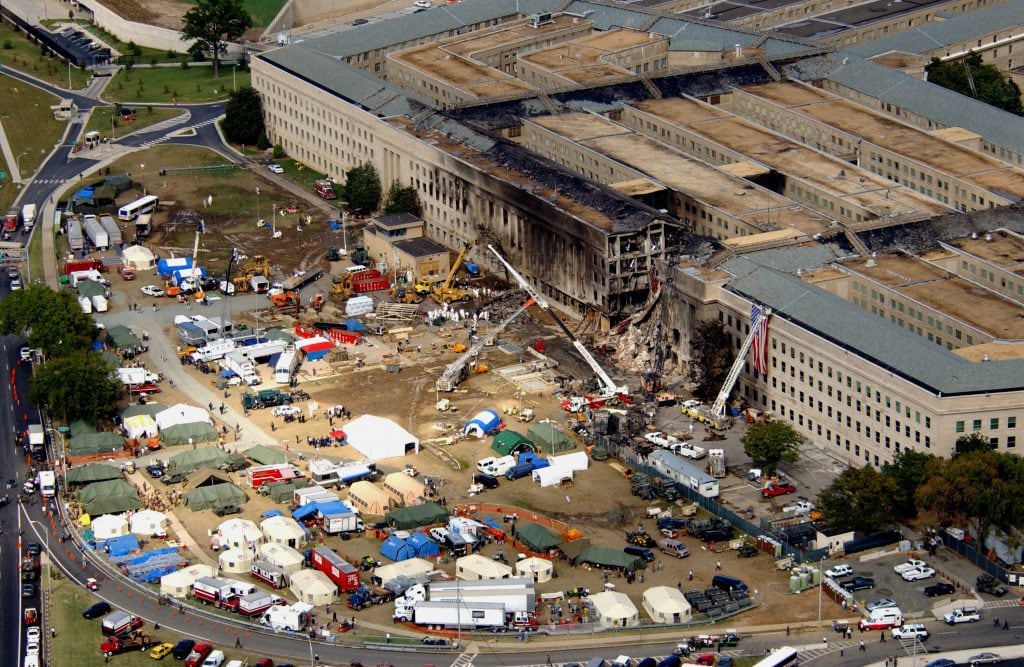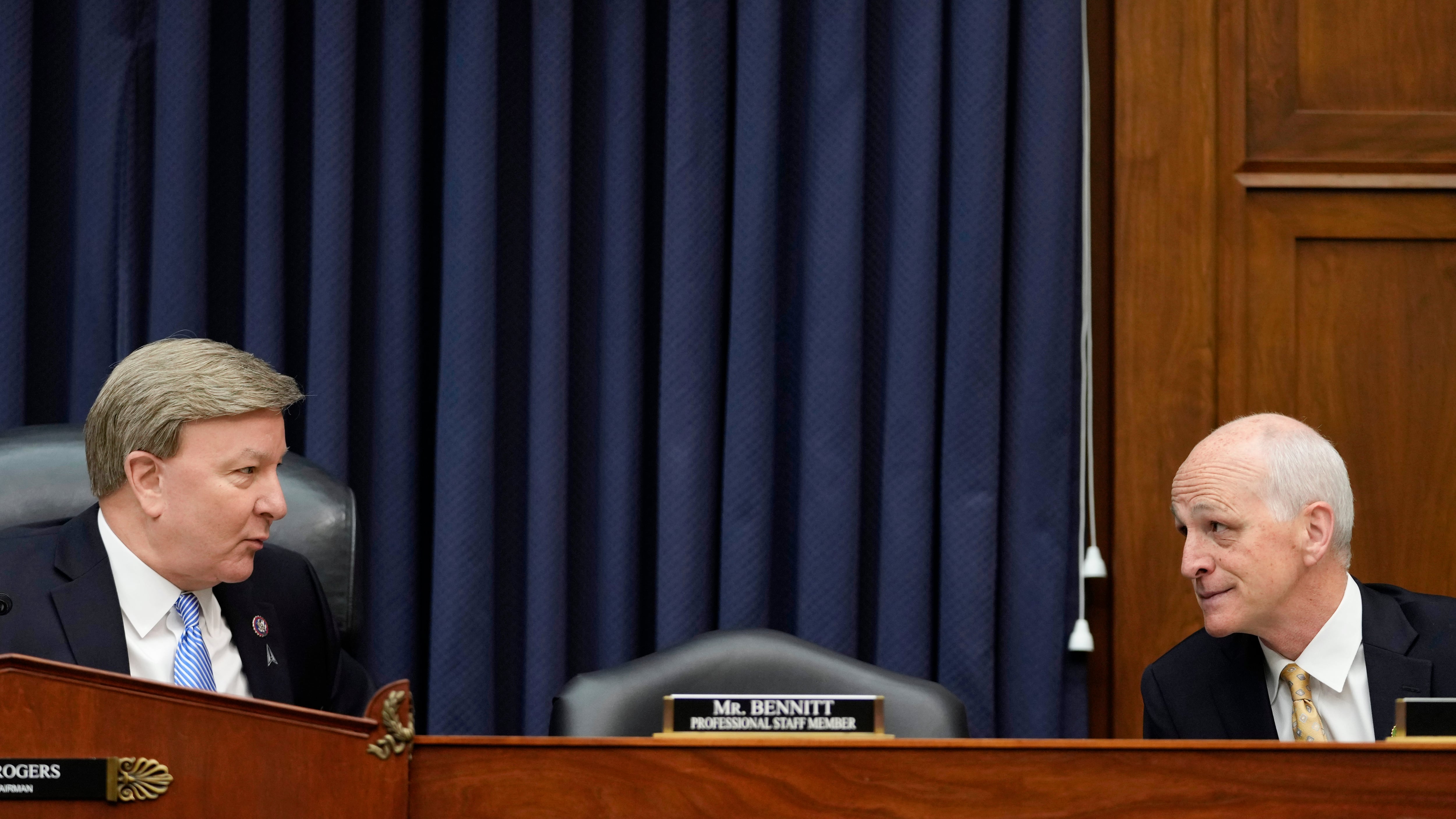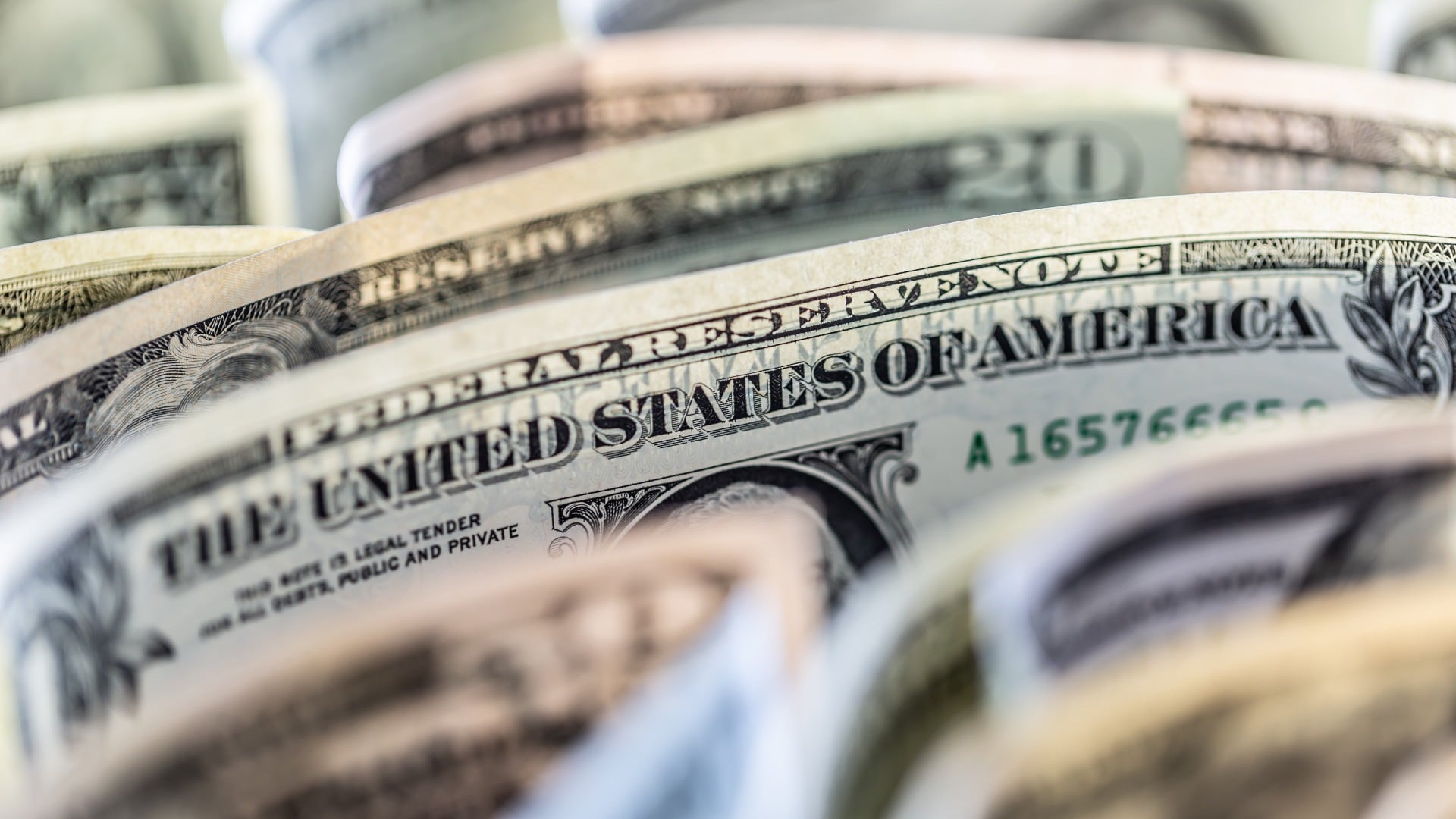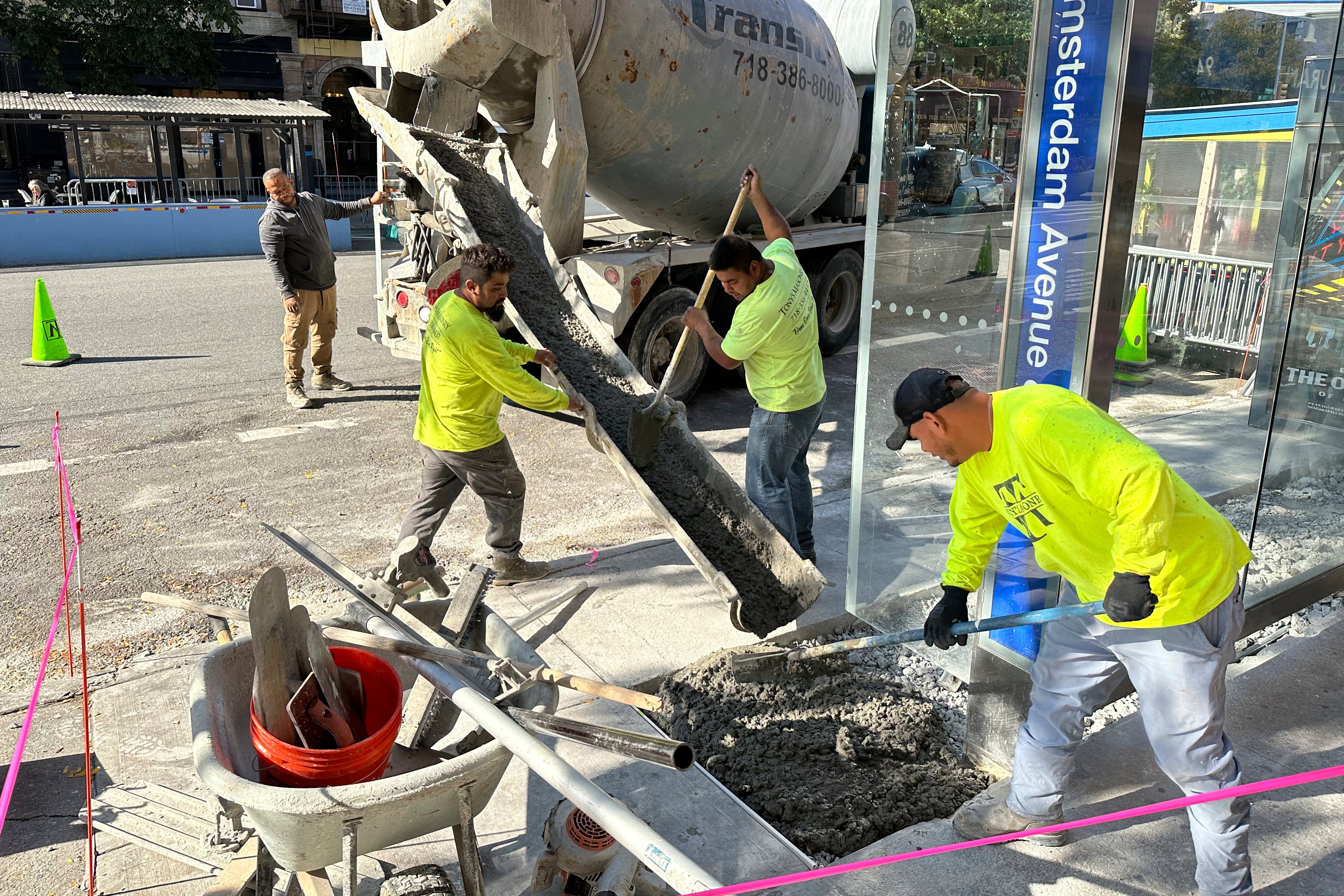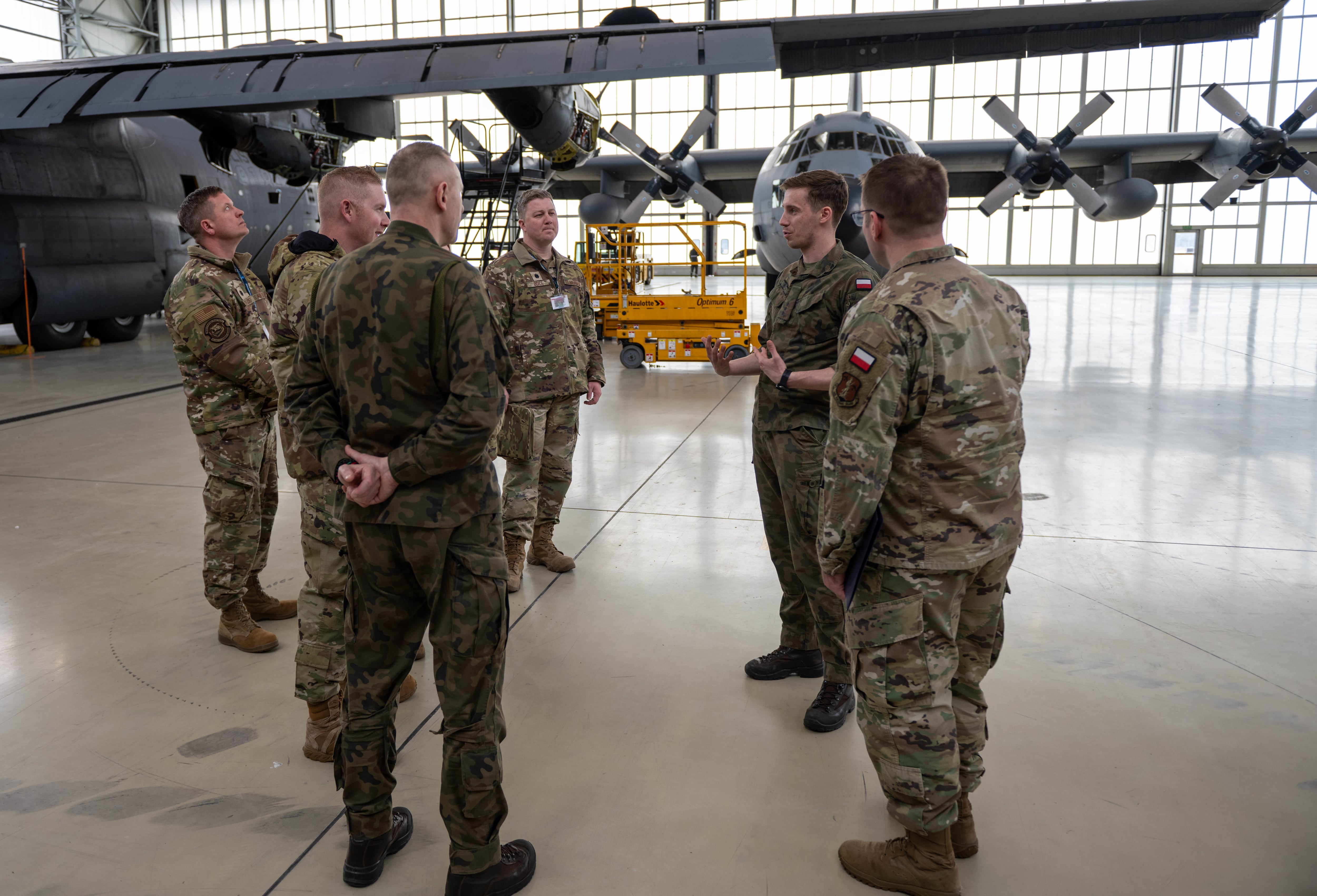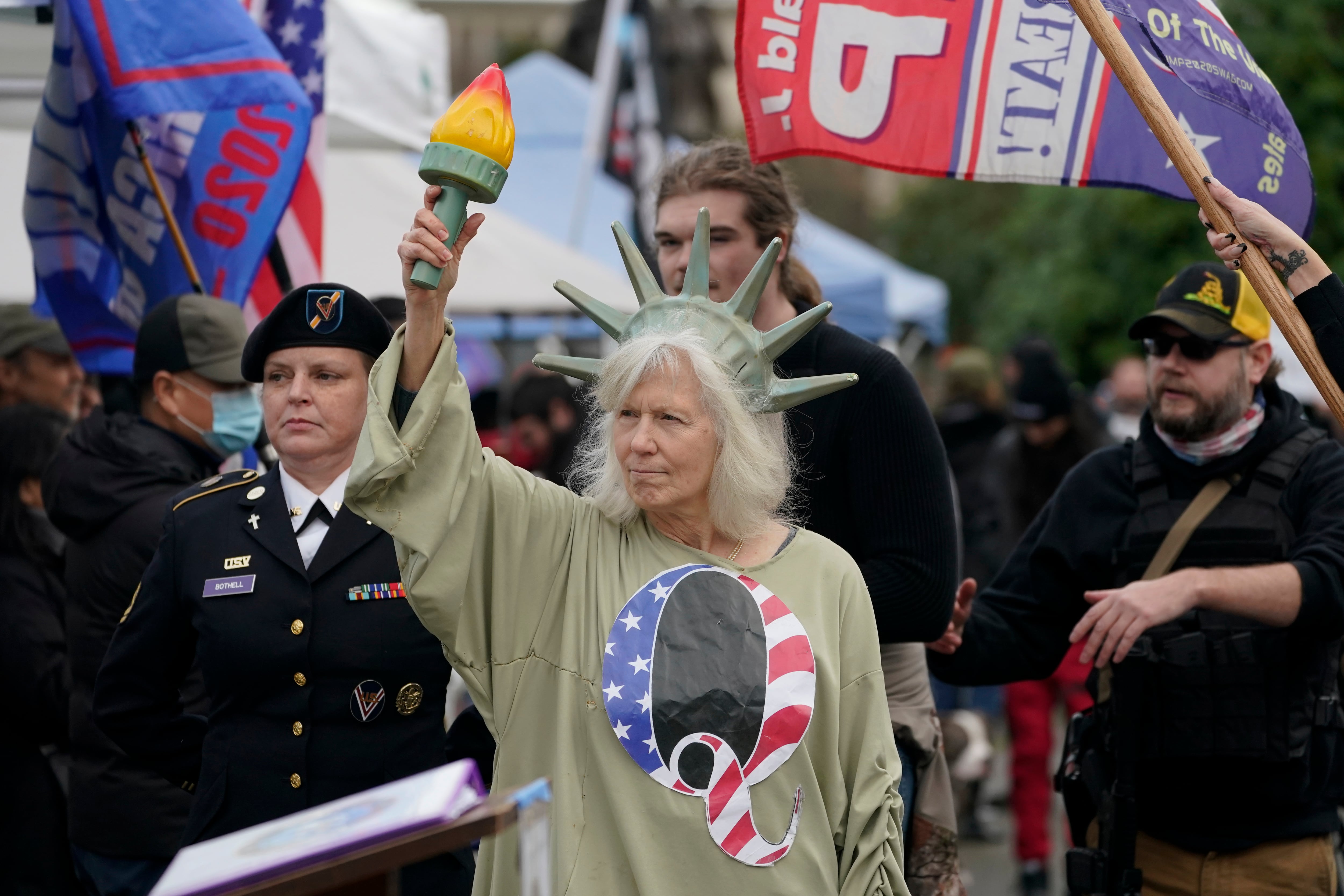For most Americans, the morning of Sept. 11, 2001, started off like any other — wake up, grab coffee, take the kids to school, head into work.
But at 8:46 a.m., the whole world would change.
It’s been 19 years since American Airlines Flight 11 crashed into floors 93 through 99 of the North Tower of the World Trade Center, United Airlines Flight 175 crashed into the South Tower, American Airlines Flight 77 crashed into the Pentagon and United Airlines Flight 93 crashed into a field near Shanksville, Pennsylvania.
The death toll that day was 2,997. Many first responders have since succumbed as a result of what they inhaled from the smoldering ruins, rescuing survivors and searching for remains. Less than a month later, our nation would be at war. More than 7,000 troops have died, and more than 53,000 have been wounded in the fighting since.
That day, for many, is frozen in time. Much like Pearl Harbor or the Kennedy assassination, those who played witness to the events of 9/11 remember where they were, how they felt and who they were with the day of the attacks. These are seven stories of veterans who lived through the day.
The accounts have been edited for brevity and clarity:
When training turned real
I was a Green Beret with Fifth Special Forces Group in Fort Campbell, Kentucky. We were in a training exercise simulating a terrorist attack in the United States, which had been going on for about three days at different periods all around the country, just kind of reporting back this kind of fake scenario. I remember that morning that an intel sergeant came in and wrote on the board that the World Trade Center had been attacked. We thought it was just part of the training exercise.
Then he came in an hour later and said a second one’s been attacked. It wasn’t until about two hours later, Col. John Mulholland came in and said, “Stop. It’s not a training exercise. It’s for real.” That’s when we went to the mess hall, and we saw it on TV like everybody else.
There was no real plan. I learned that one course of action would have the Army and Marine Corps as airborne and land forces would carry out some kind of larger battle. Maybe it’s something like a Doolittle raid after Pearl Harbor.
They realized that they had to insert small teams. The plan was teams of Green Berets, and our agency partners, fill them in the mountains and have them do what Green Berets do: unconventional guerrilla warfare. Even though you’ve seen the movie “Twelve Strong,” there were multiple teams, and basically we had no clue who we were going to link up with; we had no clue how receptive they would be. We had to use our skills and training.
— Scott Neil, 51, Army veteran and co-founder of Horse Soldier Bourbon
We should go join the military
I was a junior in high school, and pretty much the only thing that mattered to me at the time was football. I was skipping school that morning. You have to get to school by noon to be able to go to practice. So that was kind of my goal. Better by around noon. And I got up a little after school started, I was taking a shower with a shower radio on and the announcer broke in and said a plane had crashed into one of the World Trade Center towers. It certainly struck me as odd and a big deal. But at the time, it didn’t cross my mind that it could have been a concerted attack or something like that. It just seemed like a tragic accident.
After, I went out and sat down on the couch in the living room and turn on the TV like just about in time to see the second plane hit. I knew right away that we were being attacked. And to be honest with you, I was scared genuinely. I called my dad at work to ask if he had been watching it. My dad ran a nursing home for vets and was generally a pretty well connected guy and he usually had a pretty good grip on things. So I called my dad and said, ‘what do you know about this? What am I looking at?’ And my dad didn’t know, either. And then I was really kind of scared.
I went to school way earlier than I had planned to, because I thought that maybe they would know something, like my teachers would somehow be in the loop. When I got there, obviously, nobody had any answers. So we pretty much just spent the rest of the day watching TV in our classrooms. Myself and a number of my buddies immediately were like, “Alright, well, we should go join the military.”
— Alex Hollings, 35, Marine Corps veteran and editor at Sandboxx
What I signed up to do
I was in AIT. My new husband and I were walking to the chow hall when our drill sergeant came running out shouting, “They just bombed the Pentagon!” Our initial reaction as this was just one of those gut checks they do to mess with your head and test your “Hooah!” level, but as others ran into the room, we followed.
We watched in horror as the second plane hit the second tower, then the first and then the second building collapsed. My husband turned white as a ghost because his brother and his wife lived around six blocks from the tower. We were all huddled into formation where we were told to dress in our load bearing vests and issued rubber ducks.
I tend to think of that day as the day I really understood the nature of what I had signed up to do.
— Maureen Elias, 43, Army veteran and veterans advocate
Campaign interrupted
I was working from home in Peachtree City, Georgia, that day while running for mayor in the small town southwest of Atlanta. After dropping off the youngest kids at pre-school, I heard on the radio about a plane hitting the World Trade Center and heard them live as the second plane hit. I rushed home to turn on the TV. It was shocking. My wife was a flight attendant and we sat all day on the bed and couch watching events unfold. I knew it was bin Laden and al-Qaida and I knew it would mean war. My wife said she knew I would want to go fight.
I had only left active duty and joined the reserves a year before, and had been slow rolling my annual training due to my mayoral campaign keeping me busy. I got the call that night at 11 p.m. that my unit was being mobilized as we augmented the staff of Forces Command Headquarters in Atlanta. The next day, I found myself in the Crisis Action Center, then plans and a war planning conference at Carlisle Barracks with two-year mobilization orders. I dropped my mayoral campaign and contacted the regular Army aviation branch managers to return to active duty.
By the time of the first anniversary of 9/11, I was already at Fort Campbell, Kentucky, serving as the Battalion S3 for 6-101st Aviation and only months from deploying for the first of three Iraq tours over the next six years. My entire life changed on that day. We went from one clear path back into the Army and a straight line to where I sit today as a veteran’s advocate and political consultant. 9/11 changed everything.
— Fred Wellman, 55, Army veteran and senior adviser for veterans affairs for The Lincoln Project
You are going to go to war
I was commissioned as a 2nd lieutenant in the Army on May 21, 2001, which was also the day I graduated college. I had been an ROTC cadet at my alma mater, Wake Forest University in Winston-Salem, N.C., but suddenly I was out of college and in the Army all in one fell swoop. I was very happy to accept the offer to be the Gold Bar Recruiter at Wake Forest for the fall of 2001.
I did a long run on my own early in the morning of Sept. 11th. Afterward I showered, shaved, put on my BDUs, and got in the car to drive to campus. I blissfully entered the ROTC building precisely at 9 a.m. with nary a care on my mind.
When I entered the lobby, one of the secretaries stood up out of her chair and said “Lt. Sheats, the colonel would like you to go to the classroom right away.” I noticed that none of the other officers or NCOs were in their offices, which was odd. I thanked her and quickly made my way to the classroom.
As I poked my head in the classroom, I scanned the room. In a blur I saw about six or seven people in BDUs all facing the large projector screen that took up the entire side wall of the classroom, and I saw what I can only describe as looks of utter disbelief on every one of their faces. Eyes wide and tall. Mouths agape. Arms tightly folded over each other. A staff sergeant dropping his head and shaking it back and forth. I processed all of that in the span of a split second as I turned my head to the projector screen and saw the fireball from the second plane hitting the World Trade Center. I stood frozen in the doorway trying to process a set of inputs that I could not comprehend.
We sat in that room and watched until both towers fell. It seemed to be perhaps an hour or so, but the memory of time that morning is hard to gauge. Just after the towers fell, Lt. Col. Page shot up out of his seat and commanded, “OK folks, back to work.” And so we did, without protest. We went back to our desks, and I, at least, just sat there and stared at the screen. I felt paralyzed. I felt lost, sick, insignificant, sad, and angry. I wanted someone to do something about what just happened. And then, sitting there staring with unfocused eyes at a blurry screen, I had an epiphany that frightened me more than I ever had been in my life: You are the someone who will do the something. You are going to go to war.
— Brett Sheats, 41, Army veteran and senior program manager
Some of us would die
I was in Army flight during our Basic Combat Skills (BCS) phase. This was about midway through a stressful, pressure-filled course. Our instructor pilots included Vietnam veterans, and others, most with thousands of hours of flight time.
On that day, I returned home early after being released from morning academics. As I pulled up to my townhouse, I heard a news report that said an airplane crashed into the World Trade Center. I assumed a pilot of a small airplane got disoriented, and I continued on for a nap before flight line. I turned on the TV and saw how serious it really was. I remember that when the second plane hit, one of the journalists corrected the report and told us that they were thinking of the first plane. I just remember confusion and shock and feeling incredulous. It was my dad’s birthday, so I called and he was just resigned. He hasn’t really been able to celebrate his birthday since then. I spoke to my fiance, who lived in New Jersey and could see the smoke from the roof of his office building.
There was a lot of confusion on the Army post, too. The instructors waited hours to finally cancel flight line, and in doing that, they cancelled everything for a few days. The line to get into the post was hours long, as the post went from being completely open to extremely restricted.
The biggest shift happened when we finally returned to the flight line. Not that BCS was ever light-hearted, but the maneuvers we were executing in mock combat didn’t have any urgency. After 9/11 the tone was palpably serious. The instructor pilots knew they were now training aviators who were going to war. Some of us would die, and unfortunately many did. 9/11 was an unexpected event that fundamentally changed the course of our lives. I feel sometimes that the memory of that day is now distant, and that the wars we are still fighting, meaning soldiers returning again and again to these battlefields, are not on the radar of most Americans. On that day, my Army service that was required to pay my college tuition now became service of patriotism, and revenge.
— Darisse Smith, 41, Army veteran and freelance journalist
Everyone’s acting weird
I was young. I was going to school — Clarksburg Elementary School in Clarksburg, Maryland — and when we get to school, everyone’s kind of quiet. Everyone’s acting weird. No one really understood quite what was happening. Classes weren’t really starting, and the teachers were kind of, like, ‘We don’t really know what’s happening with the day.’ Pretty quickly, we got released from school because they wanted to clear the roads for the fire trucks and police.
— Philip Athey, 29, Marine Corps veteran and Marine Corps Times reporter
Sarah Sicard is a Senior Editor with Military Times. She previously served as the Digitial Editor of Military Times and the Army Times Editor. Other work can be found at National Defense Magazine, Task & Purpose, and Defense News.
